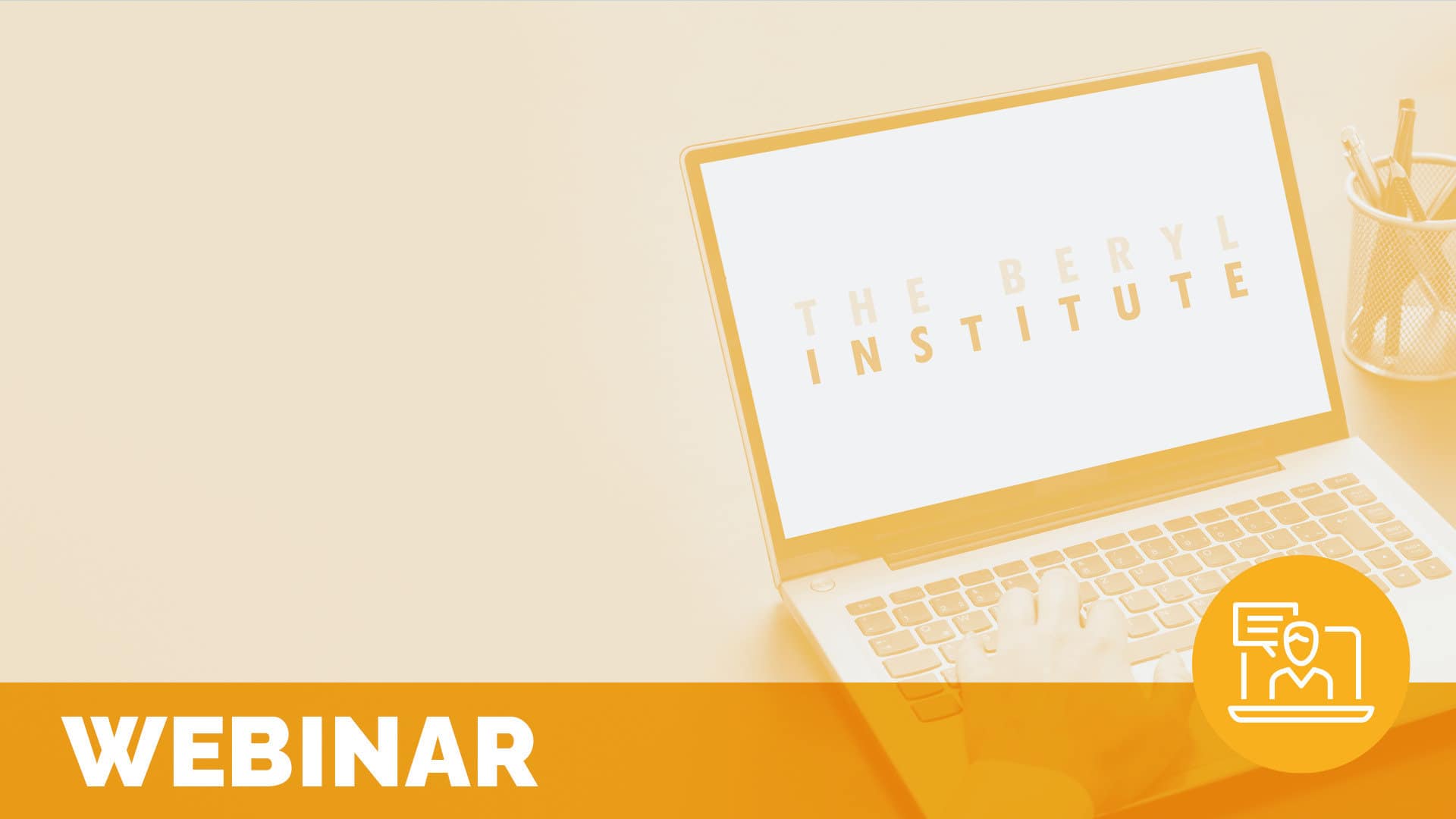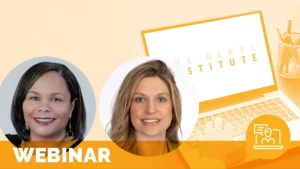Encore! Encore! Transforming Volunteer Orientation from Traditional to Buzzworthy

Rob Toonkel, CAVS, CDVS, Operations Manager, Volunteer Services, Mount Carmel West
In this webinar, participants will:
- Adapt required learning material into more entertaining, more satisfying, and better retained lessons.
- Identify the seven perceptual styles of learning, and incorporate them into a more dynamic orientation.
- Utilize free programs and items on hand to create an inexpensive yet lively presentation.
*This resource was originally developed by the Association for Health Care Volunteer Resource Professionals (AHVRP) prior to AHVRP integrating with The Beryl Institute in July 2020. This webinar does not offer Patient Experience Continuing Education Credit (PXE).
Related content
-
 Environment & Hospitality | Infrastructure & Governance
Environment & Hospitality | Infrastructure & GovernanceThe Power of First Impressions in the Ambulatory Care Setting
2pm ET / 1pm CT / 12pm MT / 11am PT – This webinar focuses on the correlation and impact of a strong positive first impression on the overall experience of patients, families and support persons in the ambulatory care/surgery environment. Creating a streamlined engagement from the first phone contact to check-in to ongoing communication
Learn more -
 Infrastructure & Governance
Infrastructure & GovernanceThe State of Patient Experience 2021: Reflecting on Realities as we Transform the Human Experience in Healthcare
Hear global insights and evidence on where the experience movement is headed, where it is challenged, how its focus is evolving and what new frontiers it is exploring.
Learn more -
 Culture & Leadership | Infrastructure & Governance | Quality & Clinical Excellence | Staff & Provider Engagement
Culture & Leadership | Infrastructure & Governance | Quality & Clinical Excellence | Staff & Provider EngagementLeader Rounding: A Proactive Approach to Improve Experience
The goal of leader rounding with patients is to understand their health care experience from their perspective by having personal conversations with them. Rounding with patients is an intentional and systematic process where leaders regularly check in with patients to build relationships, decrease anxiety, increase trust, verify consistency of care, and gain real time feedback.
Learn more
